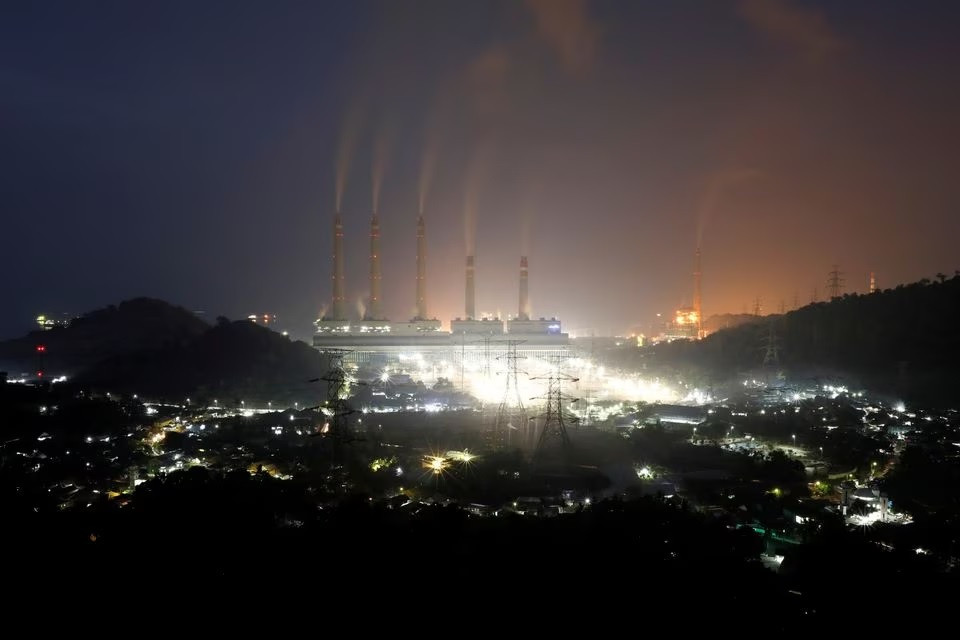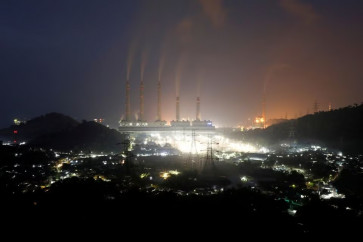Popular Reads
Top Results
Can't find what you're looking for?
View all search resultsPopular Reads
Top Results
Can't find what you're looking for?
View all search resultsInstitutional credibility at the core of sustainable energy transition
Despite the abundance of resources and decades of business development, Indonesian companies in the resource management sector can genuinely claim to be internationally competitive today.
Change text size
Gift Premium Articles
to Anyone
I
f future historians were to look back at how civilizations went through the energy transition in the 21st century, Indonesia should feature as one of the very lucky few who were endowed with natural resources that befitted both sides of the transition.
The oil and gas bounty has fueled the country’s real gross domestic product (GDP) growth from a meager 2 percent annually in the 1960s to over 7 percent in 1980. Coal-powered electricity grew rapidly from the 1990s until the 2010s by around a factor of five.
The era of fossil fuel energy improved the lives of many. It has not all been rosy of course – corruption in the sector was rampant, rent-seeking practices prevented healthy competition, social and environmental issues emerged and resource-based wealth was unequally distributed.
Despite the abundance of resources and decades of business development, few Indonesian companies in the resource-management sector can genuinely claim to be internationally competitive today. Plenty of lessons should have been learned.
As the world is transitioning toward renewable energy, Indonesia possesses plenty of indigenous renewable energy sources for its own consumption (if it so chooses), and the critical minerals the rest of the world also needs to harness renewable energy elsewhere. Last Tuesday, the International Energy Agency (IAEA) released its inaugural Critical Minerals Market Review as part of its effort to remind the global community that the infrastructure to build a greener energy system requires much more investments in mining and the production of minerals.
Indonesia features prominently in the report as “the world's largest nickel mining and refining center”, which is a key component in batteries. The demand for critical minerals, like nickel, is set to almost quadruple over the period to 2030, driven by the global energy transition agenda.
Once again, the country’s natural resources are in high demand to deliver energy beyond its borders. This is quite a bargaining power. We see it playing out in the row over the mineral export ban and the government’s insistence for investors to build midstream industries.



















